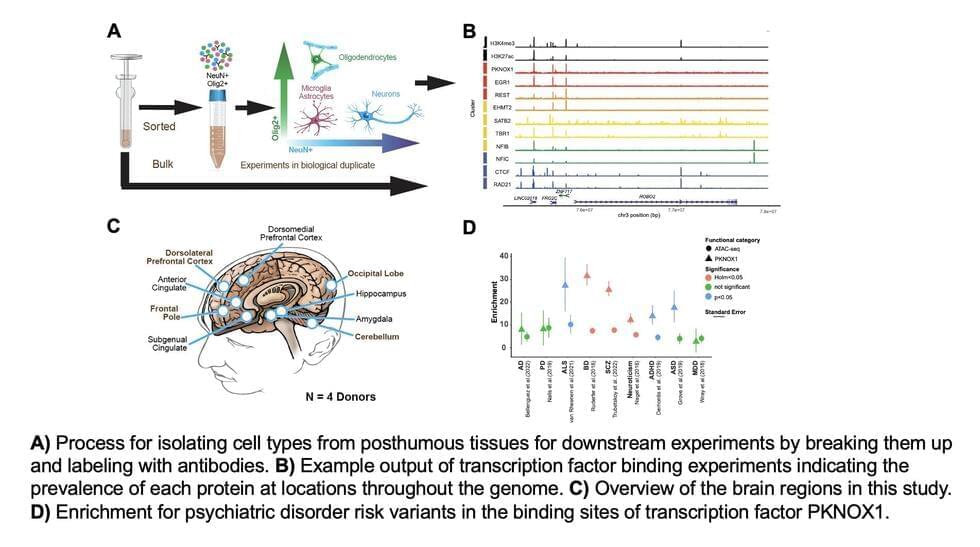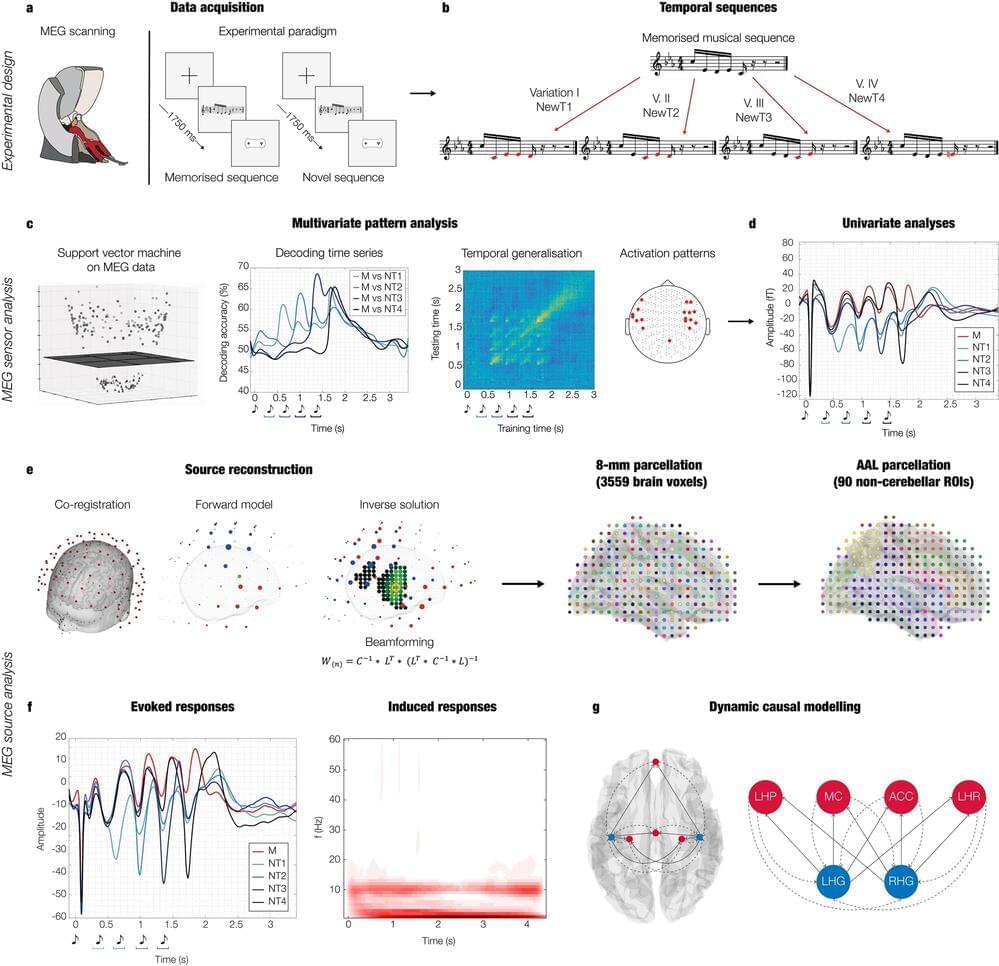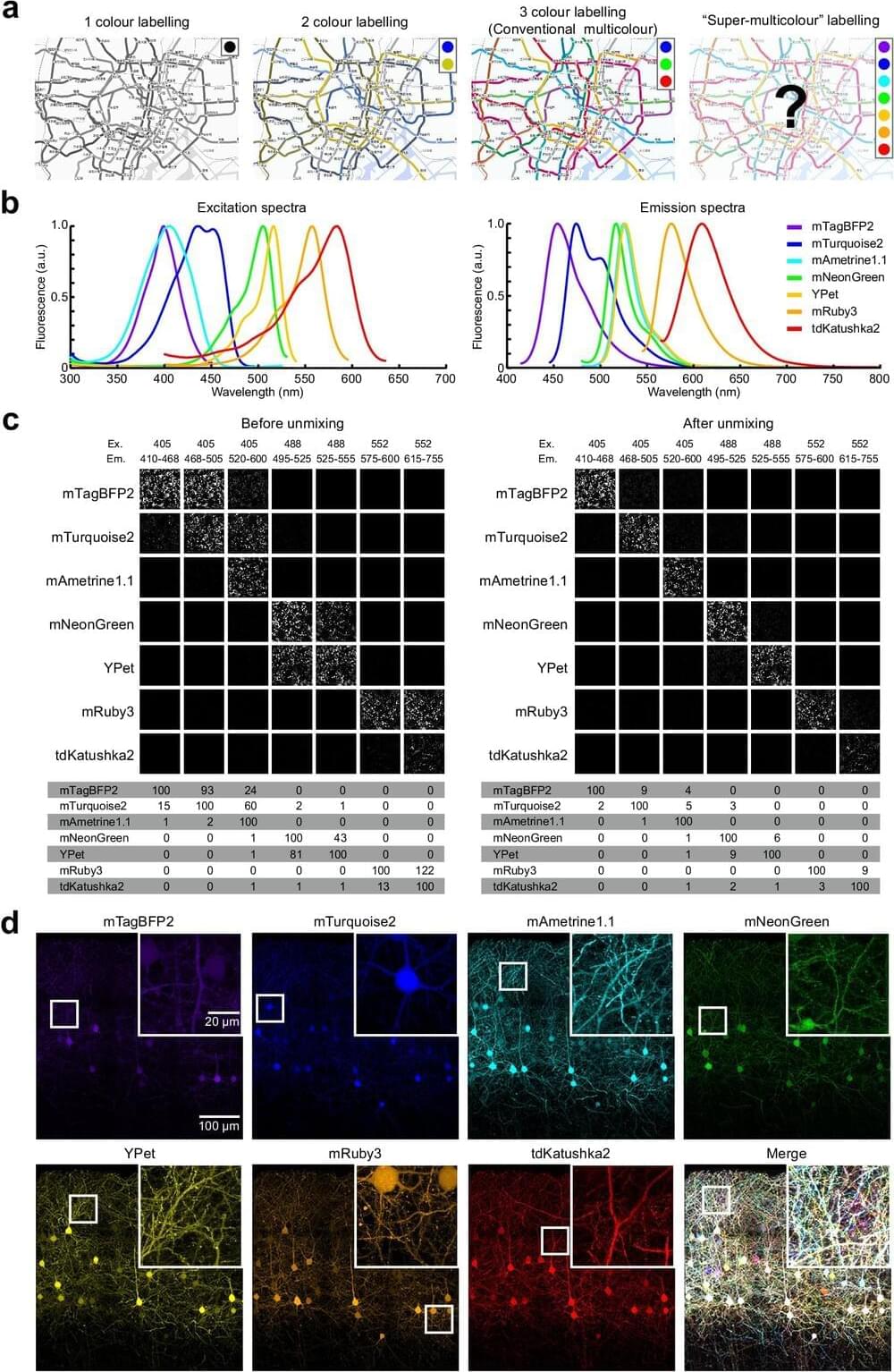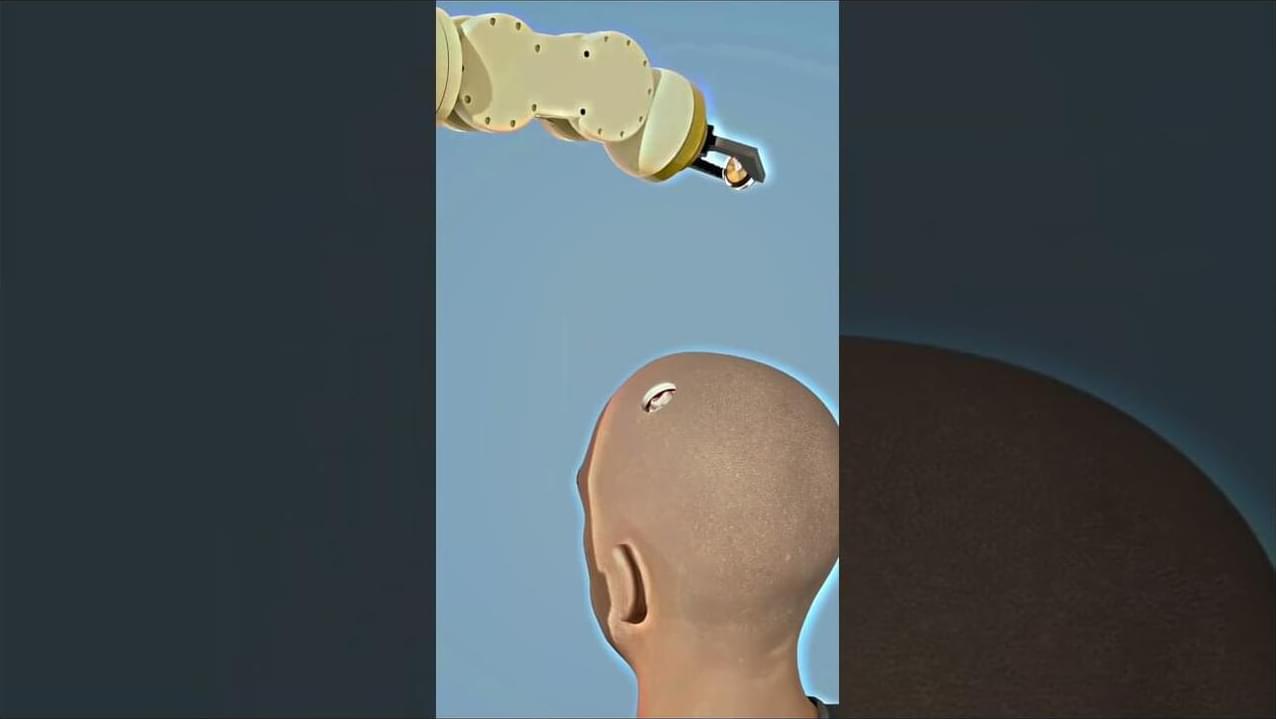
Schizophrenia, a neurodevelopmental disorder that features psychosis among its symptoms, is thought to arise from disorganization in brain connectivity and functional integration. Now, a recent study in Biological Psychiatry: Cognitive Neuroscience and Neuroimaging, finds differences in functional brain connectivity in people with and without psychosis and schizophrenia that could help researchers understand the neural underpinnings of this disease.
The brain’s cortex is organized in a hierarchical fashion, anchored by the sensorimotor cortex at one end and by multimodal association areas at the other, with the task of integrating incoming sensory information with internal and external sensory signals. The loss of executive control in schizophrenia may stem from disruption of this hierarchical signaling.
Alexander Holmes, a Ph.D. candidate at Monash University who led the study, said, “We used brain imaging and novel mathematical techniques to investigate the hierarchical organization of the brains of individuals with early psychosis and established schizophrenia. This organization is important for brain health, as it regulates how we can effectively respond to and process stimuli from the external world.”


















